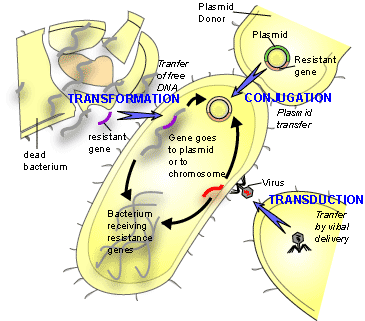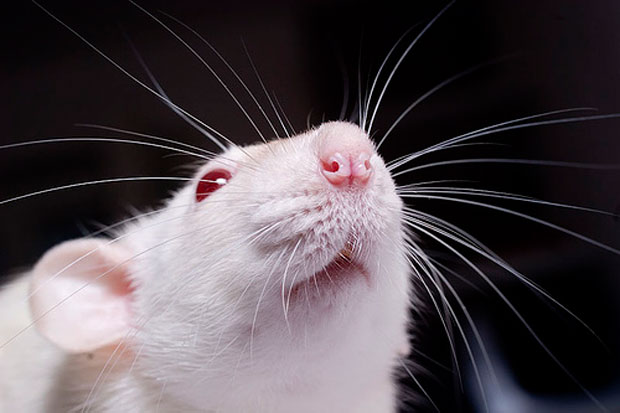 Placebo Buttons?
Placebo Buttons?A recent article suggested that many of the buttons/toggles that we experience in our daily lives...
 The Development Of Social Monogamy In Mammals
The Development Of Social Monogamy In MammalsTwo papers published this week have proposed explanations regarding the evolution of social monogamy...
 Easy Answers To World Problems
Easy Answers To World ProblemsAfter reading another article by Alex Berezow ["The Arrogance of a Well-Fed Society"] insisting...
 The Precautionary Principle Review
The Precautionary Principle ReviewThere is an interesting series of articles published by the Guardian discussing various aspects...










